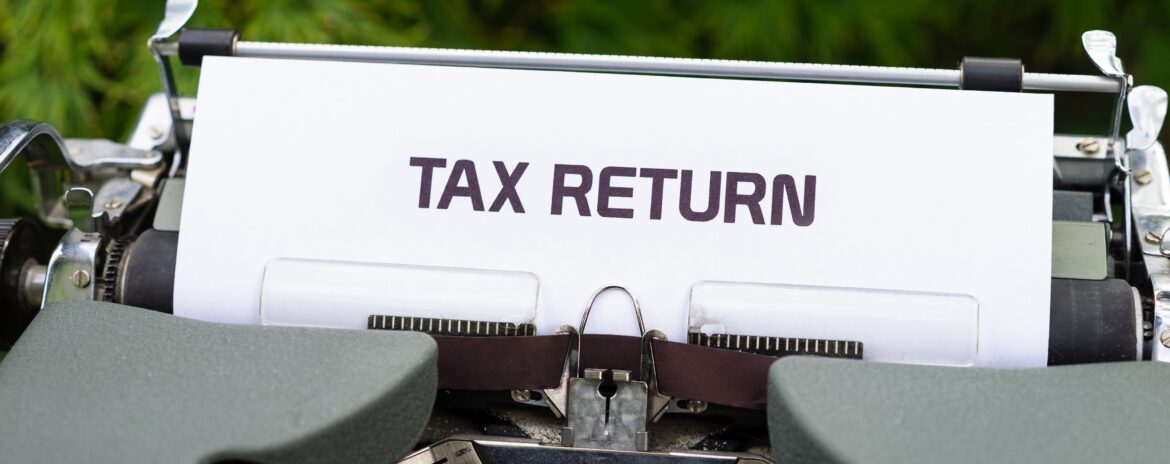The 31 January 2024 deadline for submitting a 2022/23 self-assessment tax return is not far off, especially for those not yet registered.
Anyone who has not previously registered for self-assessment – but needs to submit a tax return for 2022-23 – should do so as soon as possible.
- A self-assessment activation code can take a week to arrive (three weeks if overseas); and
- It can take two weeks (again, three weeks if overseas) to obtain a unique taxpayer reference, although using a personal tax account or the HMRC app can speed things up.
For anyone who has not previously submitted a tax return, the deadline for informing HMRC of the need to do so for 2022/23 has already passed. Individuals who have missed the deadline might face a fine.
First-time registration
There are a number of reasons why a taxpayer might fall into the self-assessment system for the first time. For example, anyone who has:
- Started part-time self-employment, including work in the gig economy, trading on eBay and similar websites, or earning money as an influencer (although the first £1,000 of self-employed income is exempt);
- Disposed of cryptoassets (any profits are subject to capital gains tax); or
- Rented out property for the first time, possibly through sites such as Airbnb (again, the first £1,000 of rental income is exempt).
- Become liable to the High Income Child Benefit Charge as a result of their income exceeding £50,000.
Sooner rather than later
Leaving registration to the last moment will mean there is no time to deal with any unforeseen problems. You might need to consult HMRC’s self-assessment helpline, which is now available again after its summer closure.
There will also be little time before the related tax bill is due for payment, and this could be an issue if the amount payable is higher than expected.
More information about whether you need to submit a self-assessment tax return can be found here.
Photo by Markus Winkler on Unsplash







